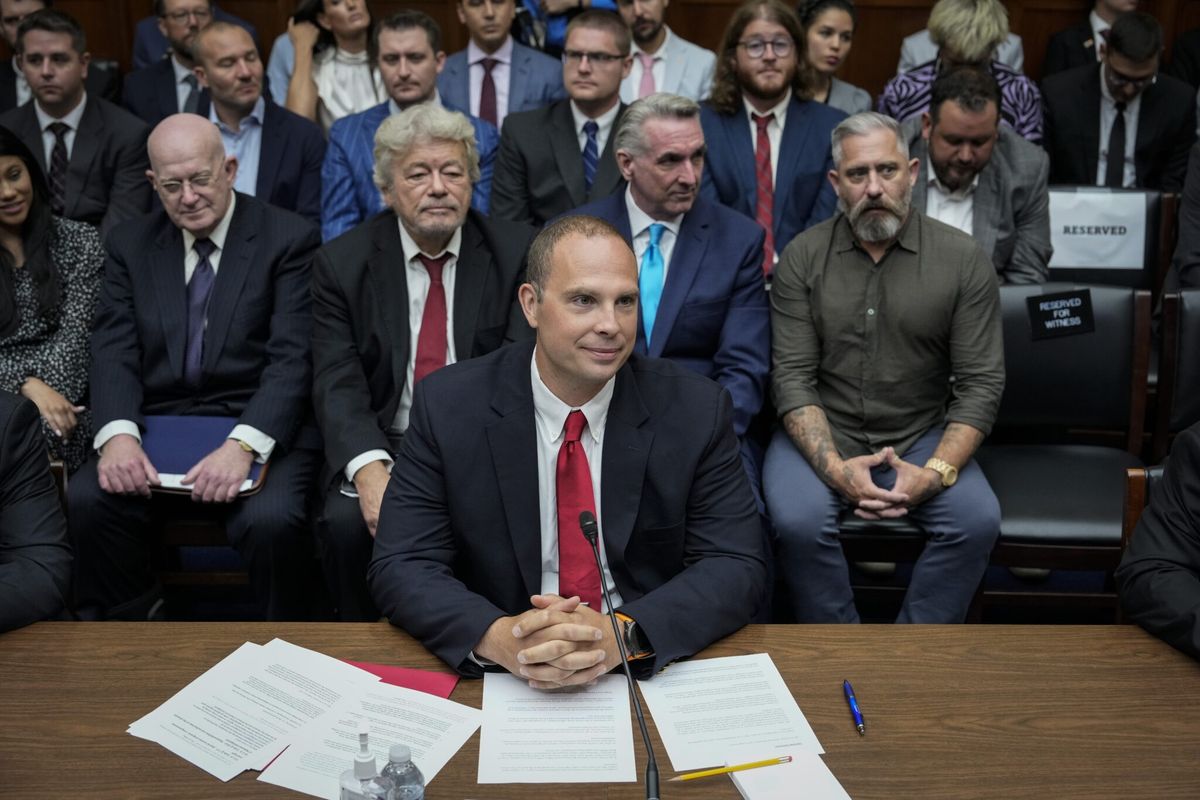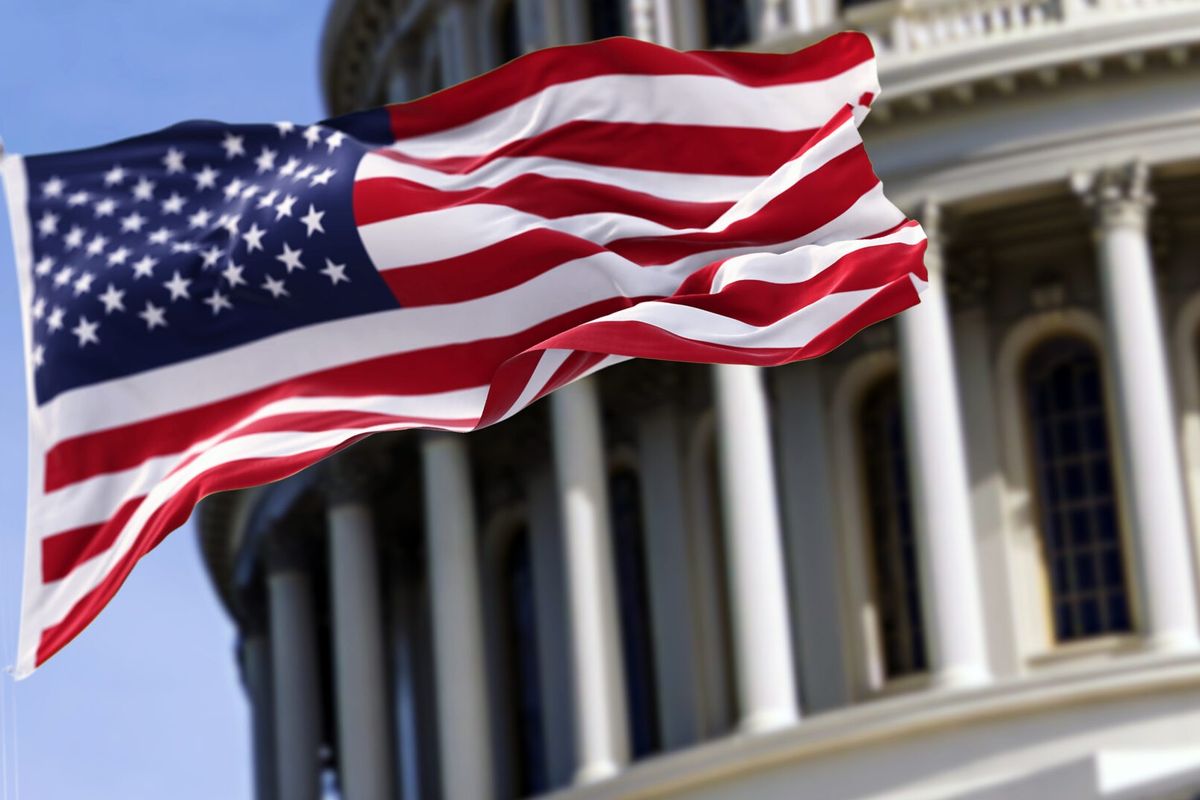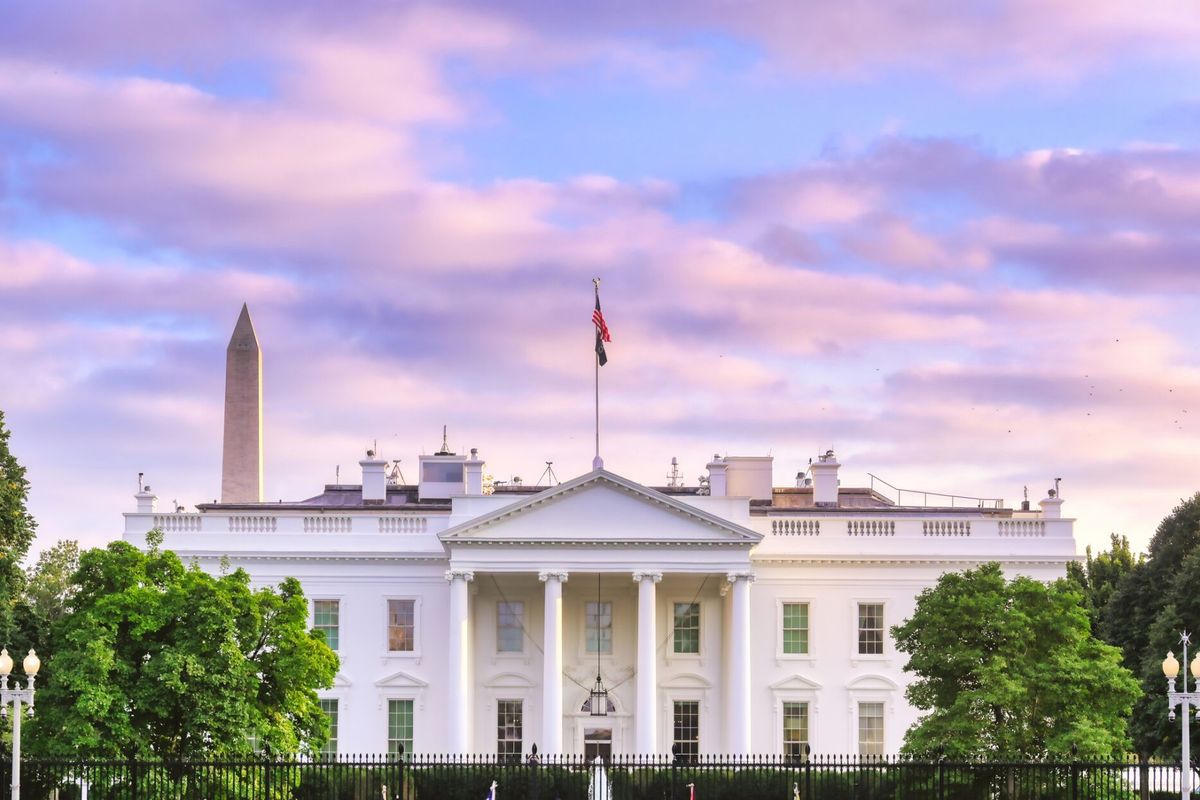OPINION — “We’re engaged in an intense competition with China across many areas, but it’s not in our interest for that competition to end in conflict. If we can do anything to avoid that, and we’re determined to do that, that starts with communications.”
That was Secretary of State Antony J. Blinken speaking last Tuesday at a Senate Appropriations hearing, which was almost the last place I expected to hear an in-depth presentation of the Biden administration’s China policies.
However, that is what took place over a three-hour hearing with Blinken, Defense Secretary Lloyd J. Austin and Secretary of Commerce Gina M. Raimondo providing the testimony in what was billed as “The President’s Fiscal Year 24 Budget Request: Investing in U.S. Security, Competitiveness, and the Path Ahead for the U.S.-China Relationship.”
In answers to questions and prepared statements, the trio of senior Biden cabinet members covered U.S. China diplomatic, military and economic policies.
Let’s continue with the subject of Washington-Beijing communications, which Blinken said had its origin during the meeting last November in Bali between Biden and Chinese President Xi Jinping.
One of the things the two Presidents agreed upon, Blinken told the Senators, was the importance of these lines of communications.
“We put a floor under the relationship [with China] with some guardrails on it,” Blinken said, adding that Biden called it “a safety net.”
For example, the week-long Chinese intelligence balloon trip over the U.S., and its being shot down by an American aircraft, froze Washington’s relations with Beijing in early February. It also caused the Biden administration’s cancellation of Blinken’s long-planned trip to China.
Looking for a way to get ahead of the week in cyber and tech? Sign up for the Cyber Initiatives Group Sunday newsletter to quickly get up to speed on the biggest cyber and tech headlines and be ready for the week ahead. Sign up today.
But as Blinken pointed out last Tuesday to the Senators, a thaw is underway. “We’ve shown recently there are more senior level engagements with China,” he said, referring to the May 8 meeting of U.S. Ambassador to China Nicholas Burns with Chinese Foreign minister Qin Gang, and on May 10 and 11, National Security Advisor Jake Sullivan’s two-day sessions in Vienna with his Chinese counterpart, Wang Yi.
“That’s important,” Blinken said, “because what we believe the right course is to now see more such senior level engagements in a sane way across our administration and theirs, precisely so we can make sure at the very least we’re talking to each other; that we are making very clear what we stand for; what our intensions are; what we’re looking for – as well as where possible, finding ways of cooperation including … [on] synthetic opioids such as fentanyl.
When the issue of Taiwan arose, Blinken said, “The policy that administration after administration pursued over five decades, Republican and Democratic alike, grounded in the one-China policy of the Taiwan Relations Act, has done very well for Taiwan; done well for us and ironically, arguably, done well for the PRC [People’s Republic of China], because it’s preserved peace and stability.”
Blinken added that the one-China policy “put in place an understanding by which, up until now, everyone [was] restrained from taking unilateral acts to try to change the status quo – and that the country creating the crisis – that would have global effects.”
For the past few years, the U.S. has had concerns, Blinken explained, “that Beijing no longer seems to accept the status for Taiwan and seems to be taking steps of various kinds to increase the pressure to force Taiwan [to merge], and to contemplate use of force sometime in the future.”
Continuing, Blinken said, “I think country-after-country around the world is unceasingly making clear to Beijing that [use of force] would have catastrophic consequences for everyone. We have 50 percent of world trade that goes through the [Taiwan] Straits every day [and] 70 percent of [the world’s] semiconductor manufacturing [comes] from Taiwan.”
Defense Secretary Austin picked up the military policy elements by first pointing out what the U.S. considers China’s military activities related to Taiwan and the entire Indo-Pacific area.
“In recent months,” Austin said, “the PRC has increased its provocative actions, including flying record numbers of warplanes near Taiwan on an almost-daily basis and employing a military-grade laser against a lawfully operating Philippine vessel. The Chinese military has repeatedly conducted risky intercepts against U.S. and allied aircraft in the international airspace over the East and South China Seas, including harassing aircraft helping to enforce U.N. sanctions on North Korea. And we have also seen the People’s Liberation Army (PLA) continue to engage in coercive behavior along the Line of Actual Control with India. Meanwhile, the PRC has been rapidly building its military footprint in the Indo-Pacific region, expanding its nuclear arsenal, and extending its influence in space and cyber-space.”
Having laid out Beijing’s offensive actions, Austin said the U.S. is not looking for a fight.
“As President Biden has made clear,” the Defense Secretary said, “the United States is not
seeking a new Cold War … We do not seek confrontation, and we are committed to maintaining open channels of communication with the PRC. As I have communicated to my counterparts, open channels of communication are critical for ensuring we resolve any misunderstanding or miscalculation to mitigate the risk of escalation. The Department’s mission is clear: To prevent conflict with the PRC through deterrence today, tomorrow, and into the future.”
The Cipher Brief hosts expert-level briefings on national security issues for Subscriber+Members that help provide context around today’s national security issues and what they mean for business. Upgrade your status to Subscriber+ today.
When asked specifically about defending Taiwan, Austin turned to the Ukraine experience.
“We’ve learned a number of important lessons from Ukraine’s war with Russia and one of those lessons is that with asymmetric capabilities and asymmetric tactics, a smaller force [Taiwan] can do a really good job in defending themselves against a larger force [China] … turn themselves into a porcupine making it difficult for that larger force to digest him.”
Looking at the broader defense issues with China, Austin said, “My mandate is to make sure that we can continue to deter China on a daily basis and the way you deter another force is by making sure that you have a combat credible capability and investing in the things we know will provide us the edge in every kind of contest, and that includes in some cases moving things forward in theater, pre-positioning things.”
Austin pointed out the fiscal 2024 budget has “an all-time high investment of $9.1 billion in the Pacific Deterrence” which will increase joint exercises and logistical capabilities in the region. In addition, Austin said the 12th Marine Littoral Regiment, a new versatile, resilient and mobile unit is to deploy forward to Japan as part of increasing trilateral cooperation among the United States, Japan, and Australia.
Commerce Secretary Gina M. Raimondo presented most of the economic policy effort to the Senate committee, saying at one point, “Our competition with China increasingly evolves around technology.”
Raimondo explained, “The United States of America, our innovational system, our entrepreneurship are the envy of the world and we need to keep it that way. And that means investing in talent, investing in research and development, investing in NIST (The National Institute of Standards and Technology).”
A part of the Commerce Department, NIST and its physical science laboratories work with private sector large and small companies, government agencies, and universities to develop and apply the technology, measurements and standards needed for new and improved products and services. For example, its Manufacturing Extension Program helps companies develop new products and customers, expand and diversify markets, adopt new technology, and enhance value within supply chains.
Raimondo said, “NIST has a billion-dollar backlog in deferred maintenance that’s the crown jewel of the United States that relates to artificial intelligence (AI), quantum, cyber, et cetera.”
Commerce manages the CHIPS and Science Act of 2022 which authorizes $50 billion to revitalize the U.S. semiconductor industry, including $39 billion in semiconductor incentives. “CHIPS is an excellent beginning,” Raimondo said, “but it isn’t just CHIPS, it’s bio-manufacturing, critical minerals, other areas of advanced manufacturing … We lead China now in AI, we lead China in semiconductors and we have to continue to invest to maintain that lead.”
On trade, Raimondo said, “We want trade where we can and that includes China. We have no interest to decouple. Many jobs in America depend on trade with China, outside technology and completely unrelated to national security, and I think it’s important that you hear from me that it’s important that we want to trade where we can.”
In her prepared statement, Raimondo pointed out that China is now the third largest U.S. export market, and those exports directly support 750,000 American jobs. “The benefits from these exports,” she said, “go not only to our large multi-nationals but also to more than 25,000 small and medium-sized enterprises that exported $33 billion to China in 2020.”
The hearing brought out some other information worth recording.
For example, when asked by Sen. Shelley Capito (R-W.Va.) whether the U.S. could clamp down on the drug fentanyl which Capito said was “flowing across our southern borders,” Blinken agreed, that “last year we seized enough fentanyl to kill every single American. That’s what we seized and there is a lot more out there.
But Blinken then added information that contradicted many claims that fentanyl and other drugs are being brought across the border by illegal migrants. “The important thing is this,” Blinken said, “95 percent of fentanyl coming into the United States is coming through legal ports of entry as far as we can tell. That means the technology … that we need to get to screen for this, which we are doing, is a critical component.”
Blinken also said there is a cooperation agreement with Mexico which is providing more law enforcement, breaking up the Mexico-based laboratories making the opioid thanks new regulatory rules.
But, he explained that China remained a critical player because of “the diversion of the illicit precursor, actually licit precursor that’s turned into illicit fentanyl. And right now China, or Chinese entities are” the sources of the precursor chemicals for fentanyl. He added trying to halt the precursor traffic is “on the top of the agenda” as State Department officials meet with Chinese diplomats.
The weaponization of information also came up during the hearing. In answer to a question about messaging, Blinken pointed out how in one instance the State Department is pushing back.
“In our hemisphere, the Western Hemisphere, where we see China being very active,” Blinken said, “Russia and China provide free of charge their equivalent of the Associated Press to country after country. So if you’re getting up in the morning in dozens of countries and listening to the news or reading a newspaper, you’re getting information that sounds like it’s been locally produced but in fact was directly from the wire service of China or the Russian Federation.”
As the U.S. response, Blinken said, “We are now making available to these countries the Associated Press, Reuters, and other objective sources of information.”
Summing up at one point, Blinken said, “The world is watching how we – and Beijing – manage this relationship. And it’s in our best strategic interest to do so responsibly, in a way that promotes security and prosperity and delivers solutions on shared challenges that matter to the American people and to people around the world.”
Those are lofty and challenging goals. Let’s see if they can be accomplished, despite the domestic challenges both Biden and Xi face at home. For as I was told many years ago by Sen. J.W. Fulbright (D-Ark.), then-chairman of the Senate Foreign Relations Committee, “All foreign policy is domestically driven, starting with our own.”
The Cipher Brief is committed to publishing a range of perspectives on national security issues submitted by deeply experienced national security professionals.
Opinions expressed are those of the author and do not represent the views or opinions of The Cipher Brief.
Have a perspective to share based on your experience in the national security field? Send it to Editor@thecipherbrief.com for publication consideration.
Read more expert-driven national security insights, perspectives and analysis in The Cipher Brief because National Security is Everyone’s Business













